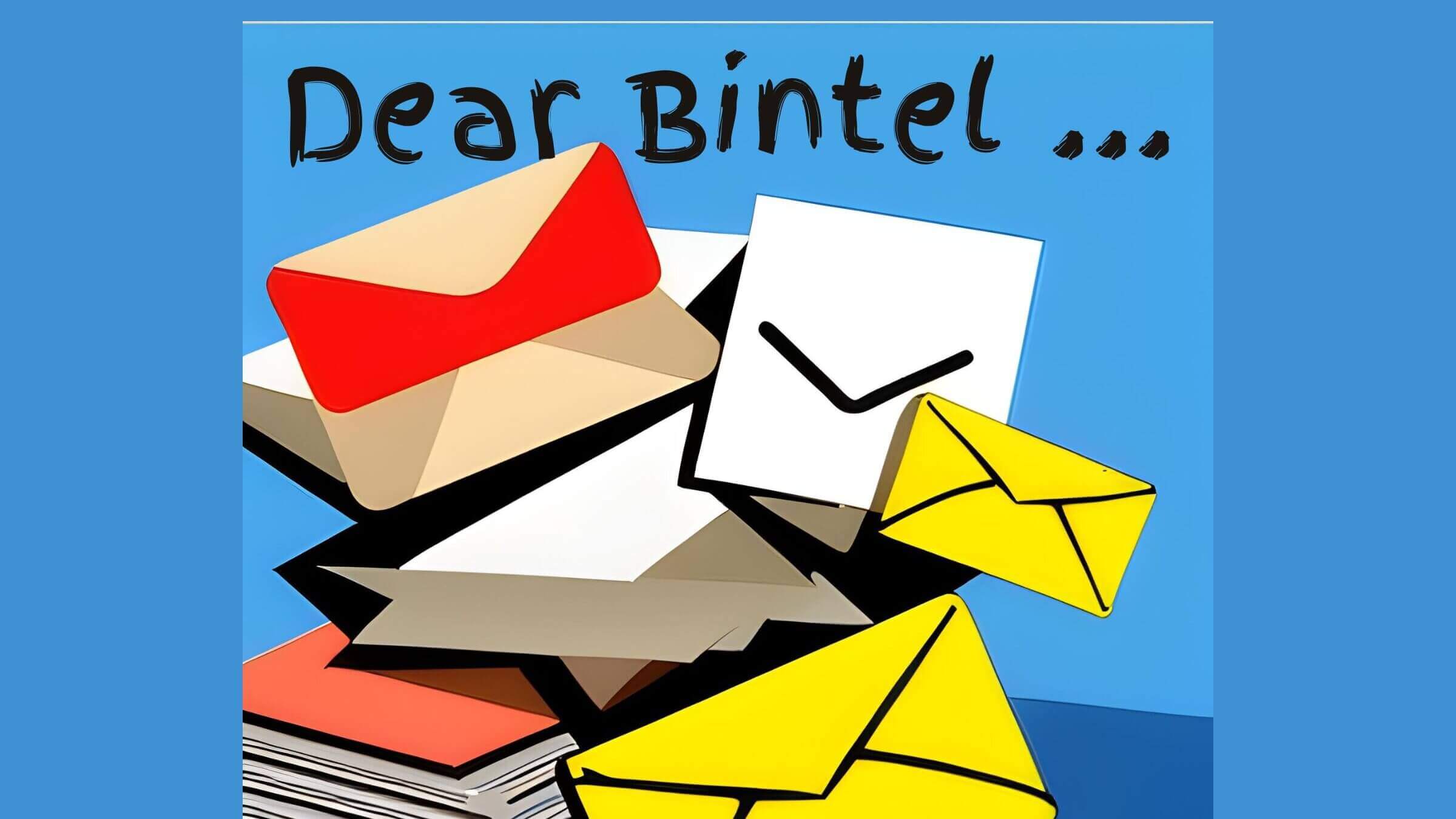BINTEL BRIEF Readers respond to the lost and lonely Jews: ‘We feel your pain’
Support and more ideas from Bintel’s inbox for Jews who feel disconnected

Forward readers had more advice for the lost and lonely Jews who asked Bintel for help. Illustration by Beth Harpaz/Canva
The Forward has been solving reader dilemmas since 1906 in A Bintel Brief, Yiddish for a bundle of letters. Send us your quandaries about Jewish life, love, family, friends or work via email, Twitter or this form.
Forward readers wrote in from around the country to say they strongly relate to folks who feel disconnected from Jewish life and who’d asked Bintel for advice on finding a community that fits.
In a recent column, Bintel had advised those lost and lonely Jews to volunteer with Jewish groups, participate in cultural events (Israeli folk dance, Jewish cooking classes) and create their own havurahs for Shabbat dinners and holiday gatherings.
Readers chimed in to offer support, saying they too had felt alienated from Jewish institutions. Rich Plotzker, writing in from Delaware, described it as the “unfulfilled desires for a better Jewish experience, a form of starvation amid plenty.” He added that as a doctor, he’d always felt much more included by colleagues in the medical field than in “the Jewish world that a lot of us have found difficult.”
James Matthew Branum, an attorney in Oklahoma City, said he’s made his peace with the notion that he “can’t get all of my Jewish communal needs met in one place.” The solution: Find different settings and take what you need from each. Branum and his family go to a Reform synagogue with an open-minded rabbi and a great youth program where his neurodivergent son has found acceptance and support. The synagogue is not, however, a perfect fit with Branum’s identity as a Humanistic Jew, a movement that embraces a “nontheistic, inclusive worldview.” So he also participates in an online Spinoza Havurah that hosts secular Shabbat and holiday celebrations.
“I get the best of both worlds,” he said, “a local community for in-person connection but an online community for intellectual stimulation and inspiration. I wish more folks would consider this option.”
Synagogue cliques
Another reader wrote in to say she was raised in a small Midwest Jewish community that seemed “limited” when she was growing up, but she appreciates, in retrospect, the “real community we had with one another.” So intimate was her connection to her childhood shul that she knew every inch of the building, including the number of tiles in the ceiling. When someone died, they didn’t need a committee to organize making meals for the family; the sisterhood simply “sprang into action.”
She missed that intimacy while popping in and out of large metropolitan synagogues as an adult. Now, she says, she’s finally found a middle-of-the-road Conservative congregation in Atlanta that’s “down to earth, intellectually rigorous, artistic and more.” For her, synagogue these days is “more about community and education and less about davening.”
Susanna Levin wrote in to say that she’s never had a problem fitting in, but she’s “read some horror stories” — for example, unmarried people being told “Sorry, we don’t have anything for singles,” when they were simply looking for a shul to join, not a dating scene. But she also wondered if this might be a case of people being “so disconnected from Judaism that when they encounter it, it’s foreign to them.”
But Lynn Mendelssohn emailed to say that even showing up regularly at services doesn’t always solve the problem of feeling out of place: “How does one fit in when the groups are in cliques? It’s not easy.”
Invitations
For some, the High Holidays made those feelings of alienation more acute.“I’m thinking about leaving my synagogue,” tweeted @DrDavidInDC. “I sat in the morning Yom Kippur service in the middle of 1,000 people and I’ve never felt more lonely. I should feel some kind of connection to the community after being in it for seven years, shouldn’t I? But where else would I go?”
Several Jewish organizations contacted Bintel with invitations for readers to check them out — including the Society for Humanistic Judaism recommended by Branum. ”We’ve got 29 communities in 17 states and Toronto,” the society tweeted, saying that the group offers community for “Jews-who-don’t-pray/are-openly-atheist/proudly-secular/etc.”
JCC Association of North America wrote in to remind readers that it’s “the largest platform for Jewish engagement in North America and offers something for everyone. Whether it’s a swim class or meditative yoga, a book discussion group, cooking demonstration, film screening, intergenerational holiday activity, celebration of Yom HaAtzmaut (Israel Independence Day), or something else that catches your eye, you’ll be warmly welcomed.” If there’s no JCC nearby, check out online programming.
Bintel also heard from JewBelong.org. “Helping Disconnected Jews (we lovingly call them DJs) find connection is the exact reason we founded JewBelong.org,” wrote Archie Gottesman and Stacey Stuart. “All our DIY resources are created with DJs in mind. It’s our mission to welcome all Jews wherever they are (or aren’t) on their Jewish journeys with easy, meaningful Jewish rituals.”
They added: “Why do we care so much about DJs? They are the largest group of Jews and they are doing very little, if anything Jewish. We need them to know that they are not only welcome but needed. There’s a lot at stake. Apathy poses the biggest danger to a thriving Jewish future and if we don’t help them find the meaning the Judaism has to offer, we’re in big trouble.”
Do you have an opinion about this Bintel, or a question of your own? We’d love to hear from you. Email [email protected].
Correction: This version of the story corrects the spelling of James Matthew Branum’s last name and changes “the JCC of North America” to “JCC Association of North America.”























